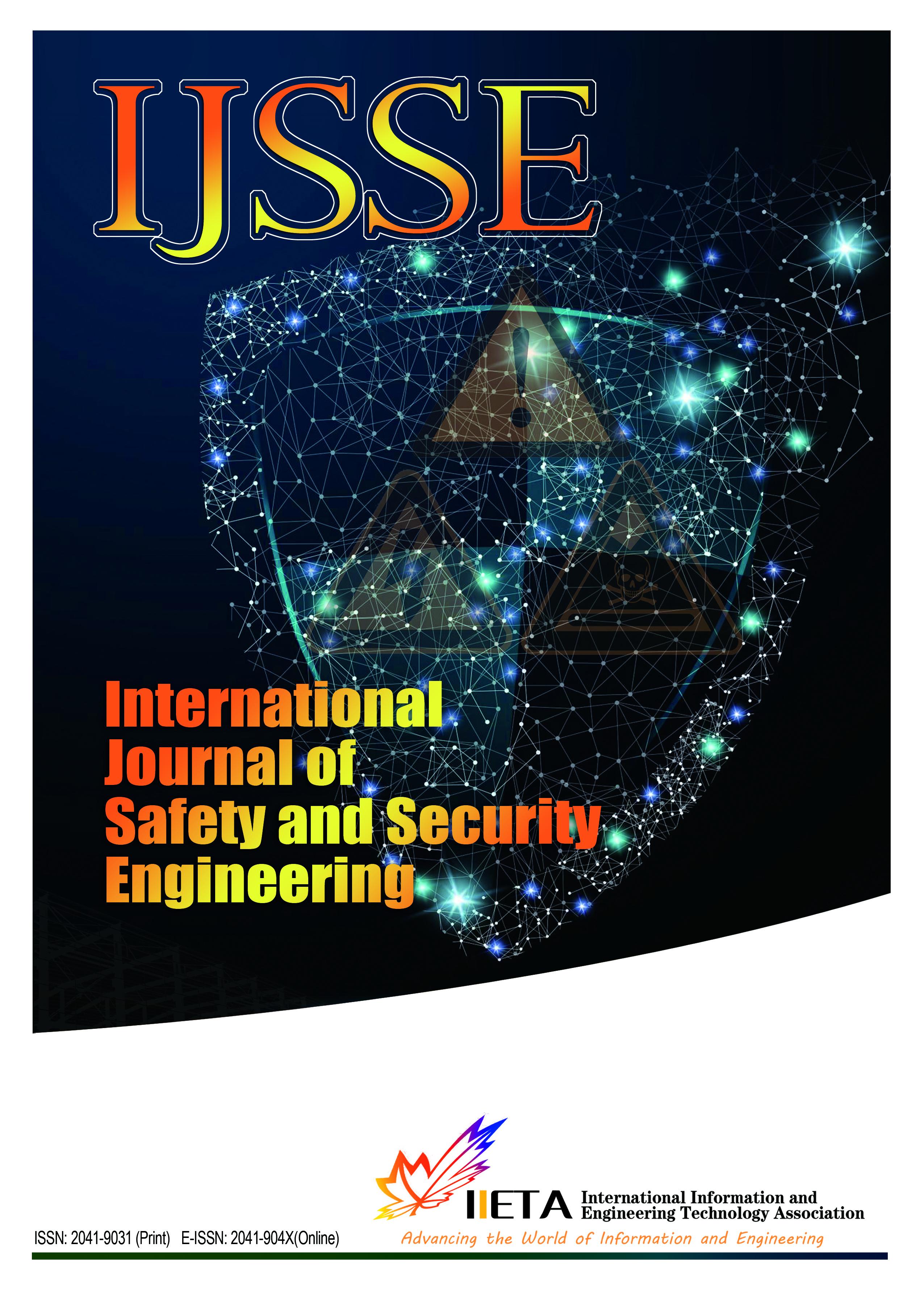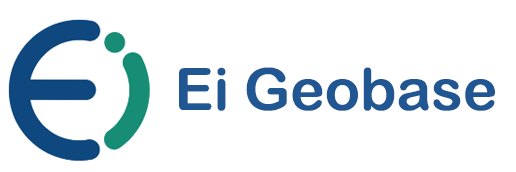International Journal of Safety and Security Engineering
- ISSN:2041-9031 (Print); 2041-904X (Online)
- Indexing & Archiving:ScopusSCImago (SJR)Ei GeobaseCrossRefPorticoEBSCOhostProQuestCabell's DirectoryBritish LibraryLibrary of CongressGoogle ScholarPublonsDimensionsCAB Abstracts (CABI)ZetocMIARScienceOpenMicrosoft AcademicCNKI ScholarBaidu Scholar
- Subject:Computer SciencesEngineeringEnvironmental & Earth SciencesPhysical Sciences
International Journal of Safety and Security Engineering (IJSSE) aims to provide a forum for the publication of papers on the most recent developments in the theoretical and practical aspects of these important fields. Safety and Security Engineering, due to its special nature, is an interdisciplinary area of research and applications that brings together in a systematic way many disciplines of engineering, from the traditional to the most technologically advanced. The Journal covers areas such as crisis management; security engineering; natural disasters and emergencies; terrorism; IT security; man-made hazards; risk management; control; protection and mitigation issues.
The Journal aims to attract papers in all related fields, in addition to those listed under the List of Topics, as well as case studies describing practical experiences. The study of multifactor risk impact will be given special emphasis. Due to the multitude and variety of topics included, the List is only indicative of the themes of the expected papers. Authors are encouraged to submit papers in all areas of Safety and Security, with particular attention to integrated and interdisciplinary aspects.
Focus and Scope
Papers on the following topics that are in accordance with the aims and objectives of the Journal are welcome:
- Modelling and theoretical studies
- Risk analysis, assessment and management
- Multifactor risk impact
- Integrated technological systems
- Planning and strategy
- Fire prevention and protection
- Infrastructure protection
- Industrial Issues
- Transportation problems
- Public safety and security
- Environmental and ecological protection
- Emergency and disaster management
- Terrorism prevention and protection
- Forensic studies
- Surveillance systems
- System safety engineering
- Threat assessment technologies
- Human factors
- Crime risk assessment
- Homeland security
- Creation of a culture of safety and security
- Earthquakes
- Early warning and response systems
- Dangerous goods
- Economic and political aspects
- Safety and security in building
- Food Safety and security
- Cybersecurity / e-Security
- Loss prevention
- Critical infrastructure protection
- BIM in safety and security
- Case studies
Publication Frequency
The IJSSE is published regularly by the IIETA, with twelve regular issues (excluding special issues) and one volume per year.
Peer Review Statement
The IIETA adopts a double blind review process. Once submitted, a paper dealing with suitable topics will be sent to the editor-in-chief or other members of the editorial board, and then be reviewed by at least two experts in the relevant field. The reviewers are either members of our editorial board or special external experts invited by the journal. In light of the reviewers’ comments, the editor-in-chief or other members of the editorial board will make the final decision over the publication, and return the decision to the author.
There are four possible decisions concerning the paper: acceptance, minor revision, major revision and rejection. Acceptances means the paper will be published directly without any revision. Minor revision means the author should make minor changes to the manuscript according to reviewers’ comments and submit the revised version to the IIETA. The revised version will be accepted or rejected at the discretion of the editor-in-chief or other members of the editorial board. Major revision means the author should modify the manuscript significantly according to reviewers’ comments and submit the revised version to the IIETA. The revised version will be accepted or rejected at the discretion of the editor-in-chief or other members of the editorial board. Rejection means the submitted paper will not be published.
If a paper is accepted, the editor-in-chief or managing editor will send an acceptance letter to the author, and ask the author to prepare the paper in MS Word using the template of IIETA.
Plagiarism Policy
Plagiarism is committed when one author uses another work without permission, credit, or acknowledgment. Plagiarism takes different forms, from literal copying to paraphrasing the work of another. The IIETA uses iThenticate to screen for unoriginal material. Authors submitting to an IIETA journal should be aware that their paper may be submitted to CrossRef at any point during the peer-review or production process. Any allegations of plagiarism made to a journal will be investigated by the editor-in-chief or managing editor. If the allegations appear to be founded, we will request all named authors of the paper to give an explanation of the overlapping material. If the explanation is not satisfactory, we will reject the submission, and may also reject future submissions.
For instructions on citing any of IIETA’s journals as well as our Ethics Statement, see Policies and Standards.
Indexing Information
- Elsevier’s Scopus
Web: http://www.scopus.com/home.url
- Engineering Village, EI Geobase
Web: https://www.elsevier.com/solutions/engineering-village/content/geobase
- Dimensions
Web: https://www.dimensions.ai/
- CAB Abstracts (CABI)
Web: https://www.cabi.org/publishing-products/cab-abstracts/
- Zetoc
Web: http://www.zetoc.jisc.ac.uk/
- MIAR
- Google Scholar
Web: http://scholar.google.com
- Microsoft Academic
Web: https://academic.microsoft.com/home
Included in
- SCImago Journal & Country Rank
- Crossref.org
Web: https://www.crossref.org/
The journal is catalogued and archived in the British Library and American Library of Congress.
ISSN: 2041-9031 (print); 2041-904X (online)
For Submission Inquiry
Email: editor.ijsse@iieta.org








